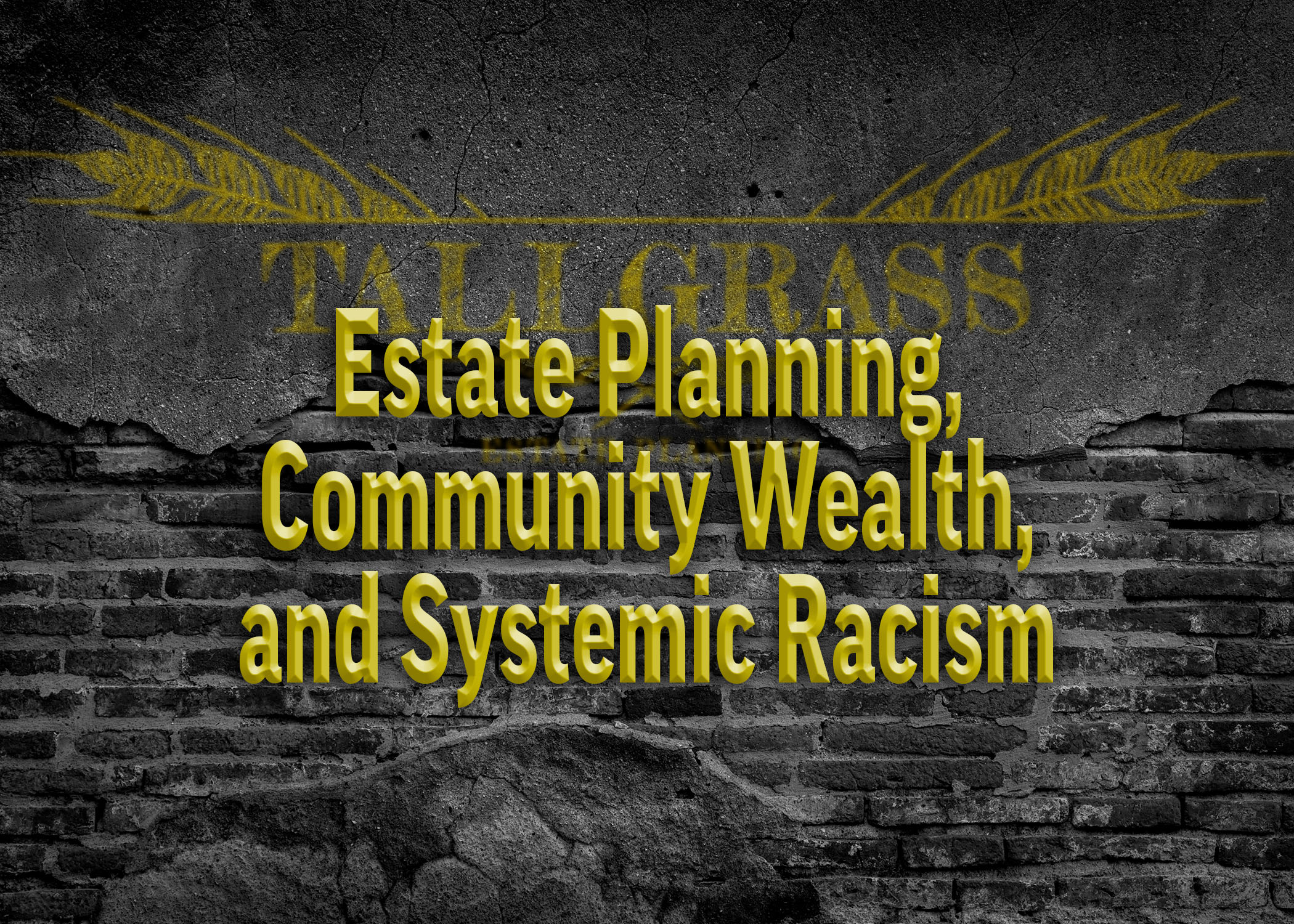
Estate planning is unlike other areas of law - like criminal defense, family law, or personal injury - which demand immediate action because of a present crisis. Estate planning is about getting out ahead of a crisis, making things as smooth as possible down the road. Because of that, it's easy for all of us to procrastinate.
People have a host of reasons - some of them good, some of them not-so-good - for putting off their planning. They haven't budgeted for it, or they're too busy, or they think it will be too complicated, or they are mistaken about how much planning they already have.
But, when it comes down to it, we attorneys bear a lot of the blame. If people who aren't attorneys don't understand the law and the implications of not having an adequate plan in place, that's not their fault. Frankly, it's ours.
So what is it that we lawyers tend to get wrong when talking about estate planning? How do we cause people to procrastinate instead of help them plan?
01-We Tend to Focus on Death, Not Life
We want our clients to avoid the horror stories we see all the time. Those stories always involve some "nightmare scenario" during disability or death. These are important stories, to be sure, but they can sometimes be the ONLY stories we tell.
People tend to think those stories are instructive and worth considering, maybe, ut for most people they represent a remote possibility in their future. They are far more concerned about the here and now - enjoying their families, experiencing peace of mind, making the most of their money, etc. They want to know how an estate plan helps with all of that.
Quite honestly, we attorneys are not great at talking about that part. We need to do a better job of helping you understand how estate planning will benefit you now, and not just during a crisis.
02-We Tend to Focus on Similarities, Not Differences
When we're meeting with clients, we can't help but start making connections to other clients and other clients' experiences.
On the one hand, this quick mental process helps us filter which estate planning tools are likely to be most relevant for the new client. But on the other hand, we might begin to focus on the aspects of the new clients' life, relationships, priorities, and assets that are similar to others, rather than focusing on those aspects of the clients' life, relationships, priorities, and assets that are unique.
After all, while most of us understand that many parts of our lives are similar to others, we like to emphasize the areas where we are uncommon and extraordinary.
We attorneys aren't always so good at that. We need to join you in identifying those aspects of your lives that most feel like your own, that are most singularly yours, and help craft a plan that doesn't feel "off the shelf."
03-We Tend to Focus on the Product, Not the Process
We know that a plan, when it's all said and done, has to be embodied in certain legal documents - wills, trusts, conveyances, powers of attorney, advance directives, guardianship nominations, etc. If we're not careful, we can confirm the suspicion in many clients' minds that estate planning is just another commodity or that estate planning attorneys are just document creators.
When done right, estate planning is a process that doesn't end just because documents are signed. It isn't "done" at that point. Signing and executing documents is sort of like finishing the chapter of a book. There's more paper ahead, but that's just because the story is still unfolding.
Your life will continue. Your relationships will change. Your assets will change. Your priorities will change. Your plan and our counsel need to change with it.
We attorneys often don't help you understand that part. We can fall into the trap of just checking your plan off of our to-do list and then getting to the next one. What we should be talking about with you is what happens after the signing. How do we remain connected? How and when will we reach out to you next? How and when should you reach out to us? In other words, how does our relationship progress?
We're doing our best at Tallgrass to focus on the right things - your life, your unique circumstance, and our relationship with you and your family. We don't always get it right, and we know that. But we're trying, and, hopefully, we're getting better all the time.
If you want to know more, we would love to talk with you about it. Best part, the conversation about how it could benefit you doesn't cost anything. Contact us at (918) 770-8940 or firm@tallgrassestateplanning.com to set up a free consultation, either in person, video chat, or phone call.
Disclaimer: Reading this blog post does not create an attorney-client relationship, and it is not formal legal advice. This is for information purposes only. Your best bet, always, is to speak with an attorney about your questions, assets, concerns, and needs.

















